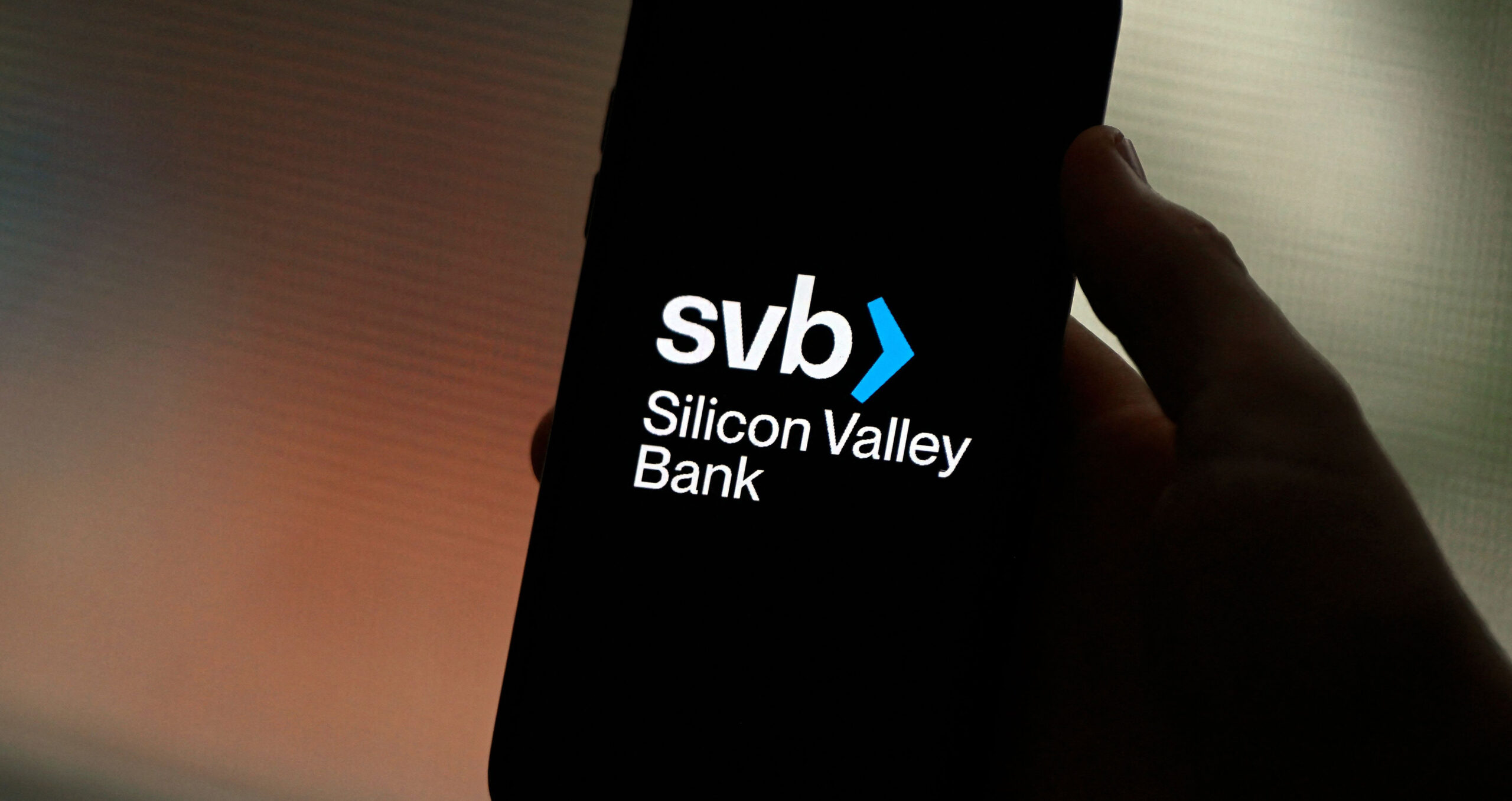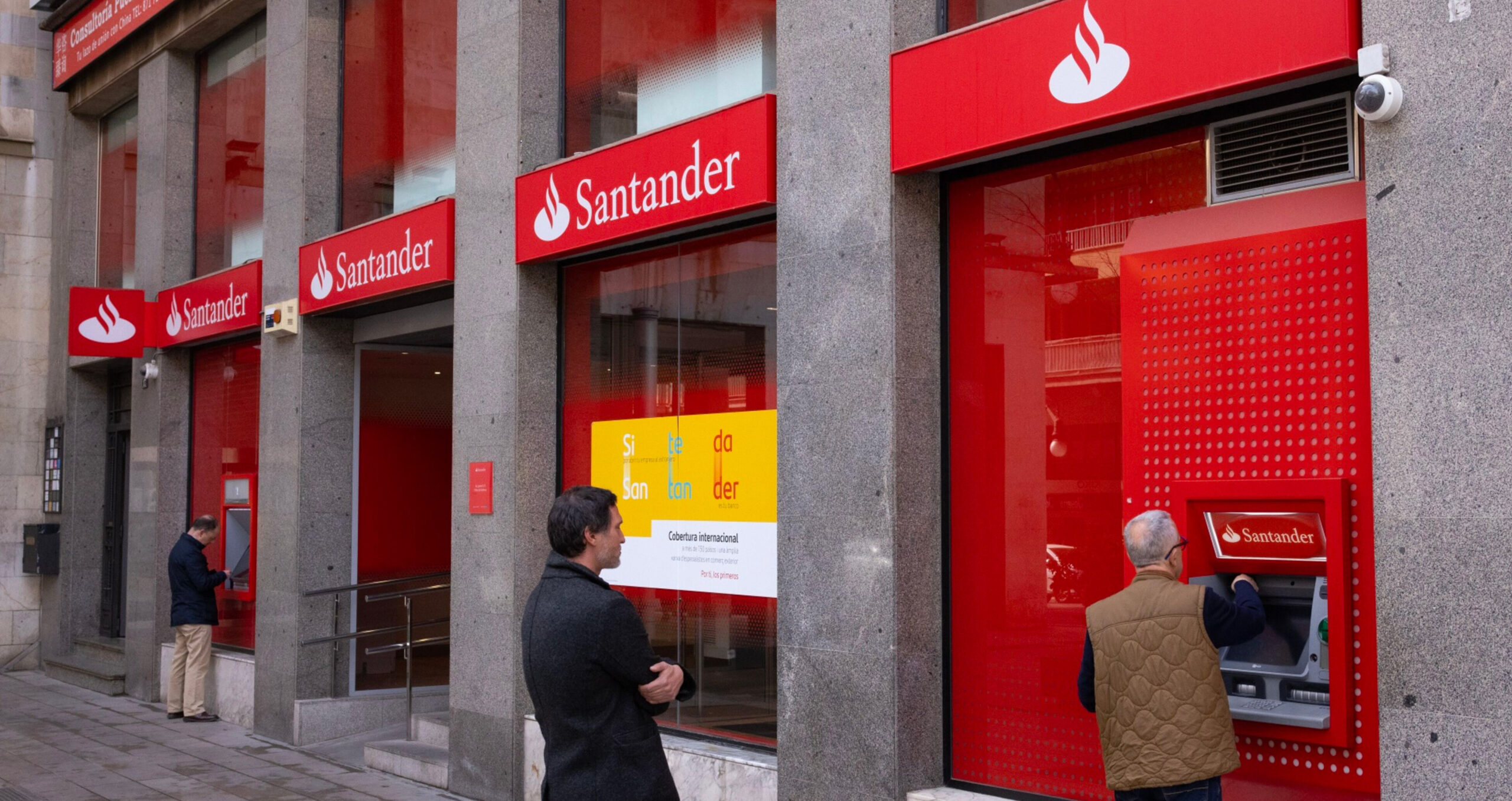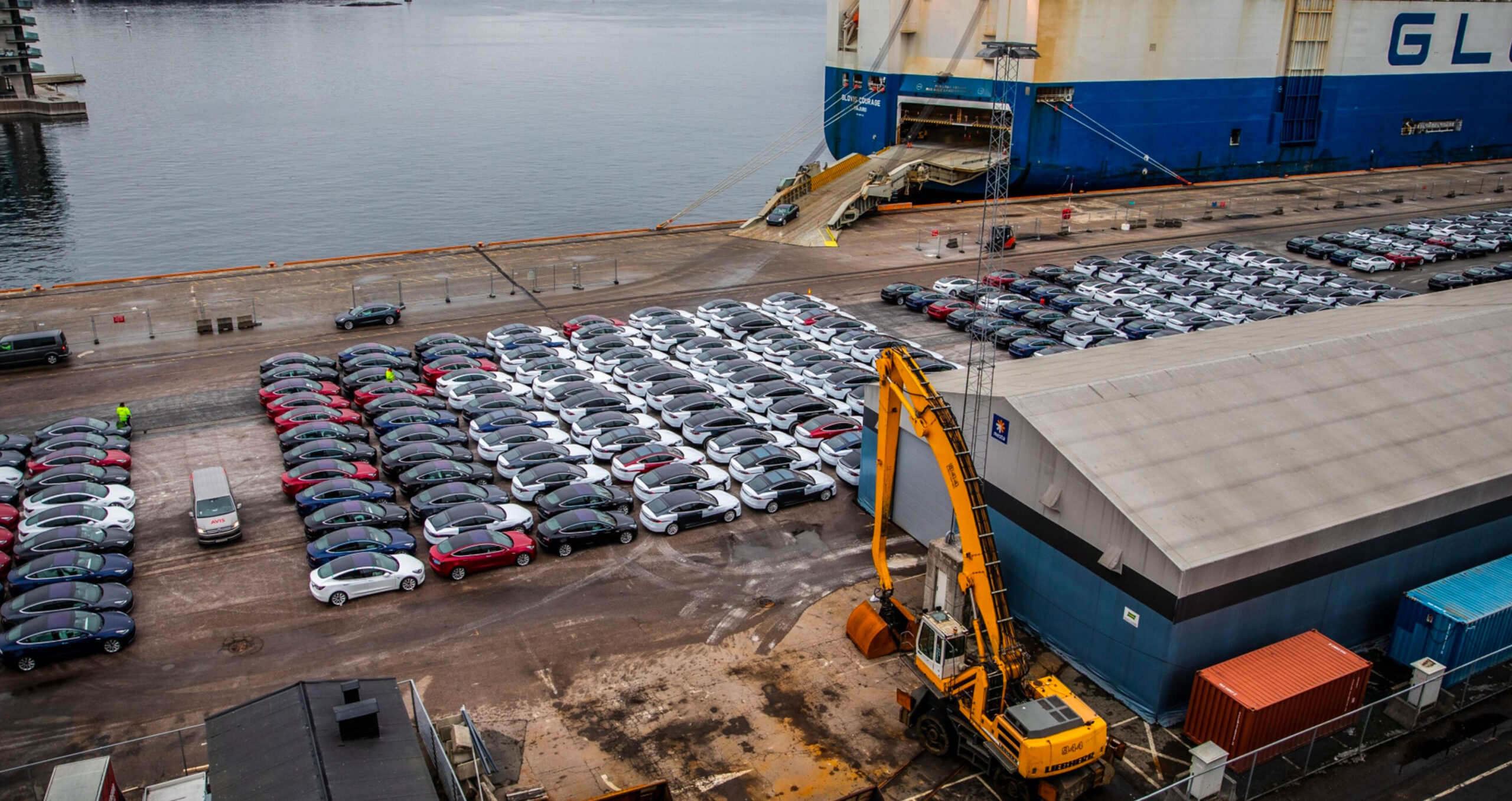
SVB collapse: What now for clean tech financing?

The failure of Silicon Valley Bank has sent shockwaves through the start-up community globally in the biggest US banking collapse since the 2008 financial crisis.
Silicon Valley Bank’s collapse on March 10 has raised questions in the clean energy sector over the future of early-stage climate tech companies and projects.
In the wake of the bank’s failure, government and corporate interventions have been quick. The US treasury department, Federal Reserve and the Federal Deposit Insurance Corporation issued a joint statement on March 12 reassuring depositors that they will still have access to their money.
In the UK, HSBC announced the following day that it had bought the UK division of SVB for £1 in a rescue deal, taking over roughly £5.5bn of loans and £6.7bn worth of deposits.
Richard Youngman, chief executive of research company Cleantech Group, tells Sustainable Views that although the “greatest concerns over cash deposits have been allayed”, a “bigger question mark” emerges over who is going to step in to finance clean tech projects where SVB would have been the obvious choice.
According to its website, SVB counted more than 1,550 climate tech and sustainability-focused customers, many of which were involved in solar, battery storage and other large-scale projects. It is unclear how many of these clients were US-based and how many were international.
“SVB was a much bigger player in the US. I don’t think that the outlook for European clean tech companies is particularly changed by this,” Youngman says, stressing that the concern for European companies was, among other things, the attractiveness of the US following the green subsidies provided by the Inflation Reduction Act.
This does not mean that European companies were not caught in the panic over the past few days. Julia Padberg, principal at Set Ventures, says that some European companies in Set’s portfolio, which had operating financing facilities or credit lines with SVB, endured a “very stressful weekend”.
“As a venture capital company, we would have had to provide bridge loans to these companies but thankfully that won’t be necessary now,” she says.
Padberg is optimistic that HSBC’s acquisition would mean that “the direct impact on European start-ups would be limited”. She adds: “We already see a trend of mainstream banks, VCs or pension funds stepping into climate financing. If solutions like HSBC stepping in or the US government’s [deposit guarantee] ensure a continuation of normal business, then this trend could be accelerated.”
But she cautions that there could be an indirect negative impact on confidence in this sector. “Climate or clean tech is an emerging sector,” she says.
“If this collapse is not handled in a proper way where customers can quickly receive clarity on when they can access funds, this could be detrimental at a crucial point for clean tech innovation.”
Making ‘a meaningful difference’
SVB had been a notable proponent of clean tech innovation. It announced last year that it would provide at least $5bn in loans, investments and other financing to support sustainability efforts by 2027.
CEO Greg Becker said in a statement: “Our ability to make a meaningful difference for people and the planet, and to address the systemic risk that climate change presents, is magnified by the outsized impact our innovative clients make.”
After the bank’s collapse sent its clients scrambling for clarity, Enduring Planet — which lends capital to climate entrepreneurs — set up relief funds to help companies deal with the fallout of SVB’s failure. In 24 hours, it had received more than 100 applications from companies with $700mn worth of deposits at risk.
Enduring Planet CEO Dimitry Gershenson tells Sustainable Views that the lender has now paused this facility in light of the US government’s announcement. “We’re monitoring the situation pretty closely right now. There’s still a lot of concern about contagion in the market and if other banks critical to the industry fail, we will restart the effort,” he says.
Gershenson says that roughly a dozen of the companies that applied to the relief funds have now approached Enduring Planet for help with finding alternatives to venture debt, a type of loan that provides liquidity to a start-up between funding rounds.
“The extent to which this affects those working in the ‘climate’ sector is still unknown,” he says. “What’s sad is that the mix of the [clean tech] community impacted by the collapse of SVB is not just frontier tech companies, but also developers putting solar panels or energy storage systems in the ground now.
“One less gigawatt of energy storage in California is a meaningful amount in terms of how it affects emissions,” Gershenson adds.
“It is unclear if the panic will continue to spread, but now is not the time to panic; it’s time to redouble efforts if we’re going to keep below a 2C trajectory.”
Similar Articles

Banks under pressure to reveal data comparing green and fossil fuel spending

With better planning and investment, EV uptake could offer storage and grid flexibility


